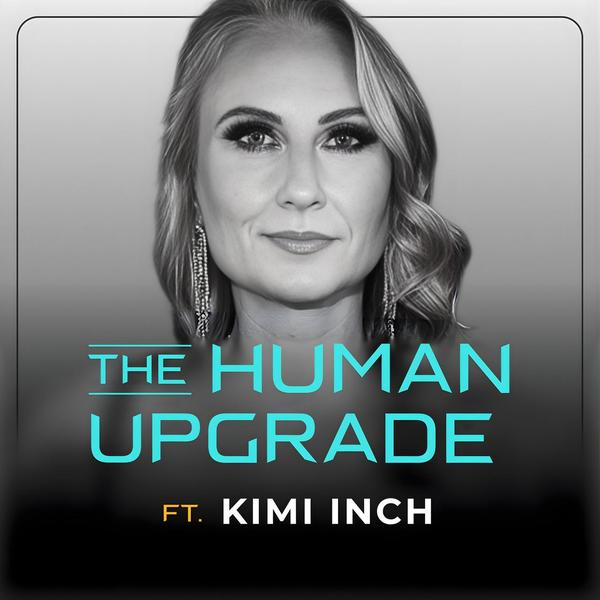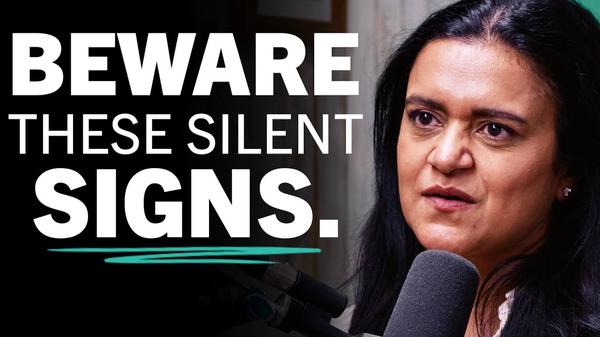Chronic Stress: Follow These Simple Steps to Take Back Control
Mark Hyman
Nov 25, 2024
Mindsip insights from this episode:
Cultivate positive emotions to enhance mitochondrial activity
Research shows that waking up and going to bed with more positive emotion is linked to higher mitochondrial activity, which is the source of your cellular energy.
Identify weekly stress triggers using heart rate variability data
By using data like heart rate variability (HRV), you can identify a specific trigger point in your week that causes a cascade of negative behaviors like drinking alcohol or eating poorly.
Eliminate sugar and processed foods to reduce physiological stress
Eating sugar and processed foods raises your cortisol and stress hormones, causing physiological stress even if you are not mentally stressed.
Reduce sugar intake to lower stress hormones
Studies on children show that eating high-sugar foods like oatmeal, compared to an omelet with the same calories, can dramatically increase stress hormones like adrenaline and cortisol.
Reframe trauma by understanding personal meaning
Trauma is not what happens to you, but rather the meaning you make from what happens to you, which explains why people have different biological responses to the same event.
Utilize adaptogens to modulate stress response
Adaptogenic herbs like rhodiola, ashwagandha, and cordyceps, as well as mushrooms like chaga and reishi, can help modulate the body's stress response.
Recognize 'rest' state as low-grade chronic stress
What we perceive as our normal, relaxed baseline state (termed 'Yellow Mind') is often a state of low-grade chronic stress that we carry unconsciously.
More from
Mark Hyman
You also might be interested in
The Hidden Damage That Happens "Behind-The-Scenes" In The Adult Entertainment Industry, With Former Adult Actress Felicity Feline
How to Set & Achieve Goals | Huberman Lab Essentials
The Science of Erotic Altered States | Biohacking Sex
Neuroscientist: If You’re Feeling THIS, You’ve Lost Touch With Your True Self
Neuroscientist: If You Feel THIS, You're Living the Wrong Life (Unlock The One You're Meant For)









